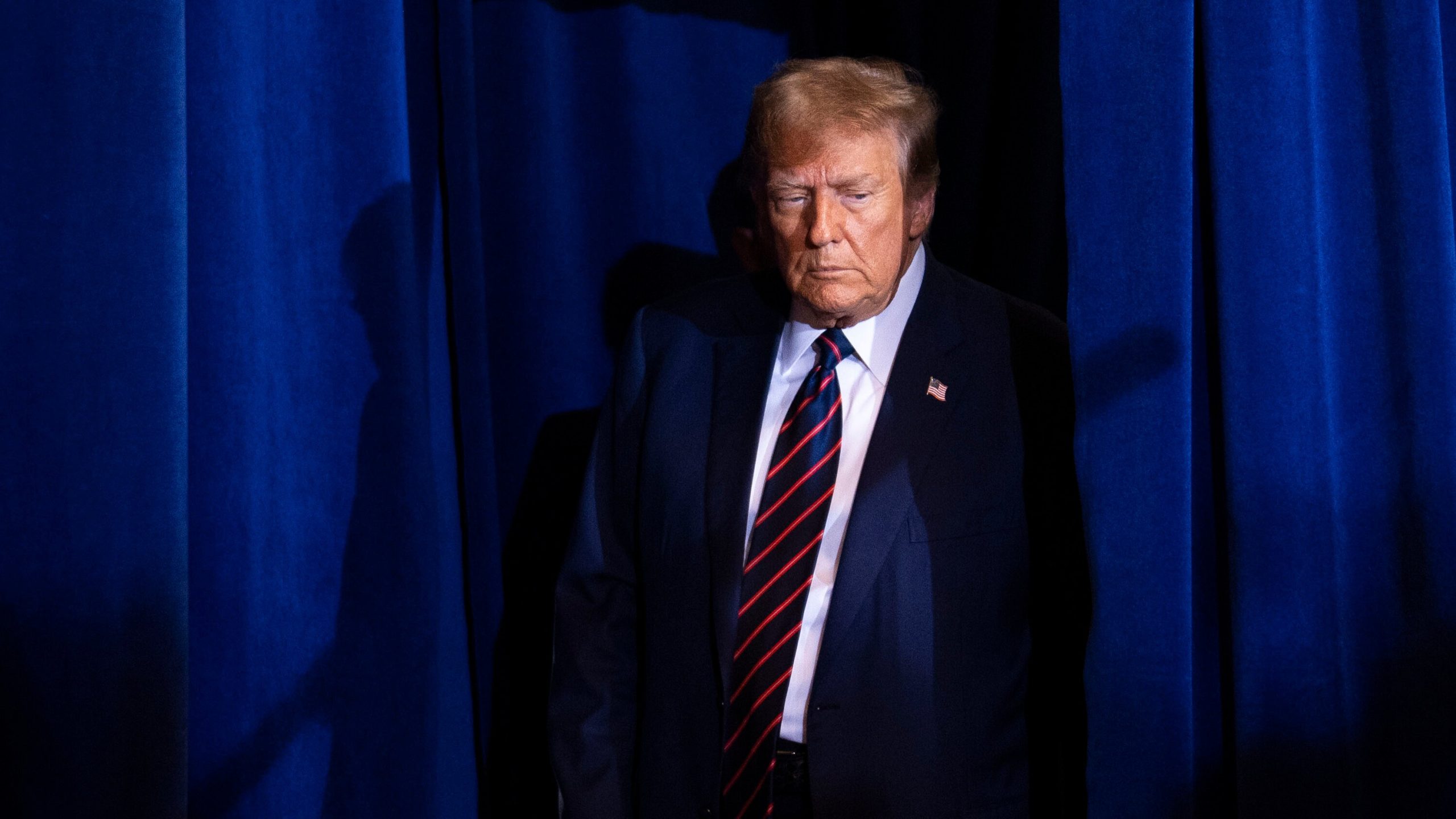Former President Donald Trump is a unique figure in modern political history, maintaining a high profile and strong support among Republicans despite no longer holding office.
His 2016 victory and continued visibility have given him unparalleled name recognition and a seasoned team of advisers with extensive campaign experience.
However, his general election prospects are uncertain, as his polarizing style and failure to win over all Republican primary voters could pose challenges in a potential matchup against President Joe Biden.
While Trump effectively secured the Republican nomination in the past, his recent primary battles with former South Carolina Gov. Nikki Haley have highlighted some vulnerabilities.

Haley’s ability to attract a significant share of GOP primary voters, particularly among suburban and independent voters, suggests that Trump may face difficulties in winning over these crucial demographics in a general election.
History has shown that presidents facing serious primary challenges have struggled in general elections. Candidates like Pat Buchanan in 1992 and Ted Kennedy in 1980, who challenged incumbent presidents from within their own parties, exposed ideological rifts and weaknesses that their opponents later exploited in the general election.
Trump’s current position as a dominant figure in the Republican Party with lingering intra-party challenges could signal potential trouble in a general election.
While some defections from Trump to Biden or abstentions from voting are expected, they could still impact the outcome, especially in key swing states.
Trump’s ability to navigate these challenges and unify the Republican Party behind him will be crucial in determining his success in a potential rematch against Biden.


